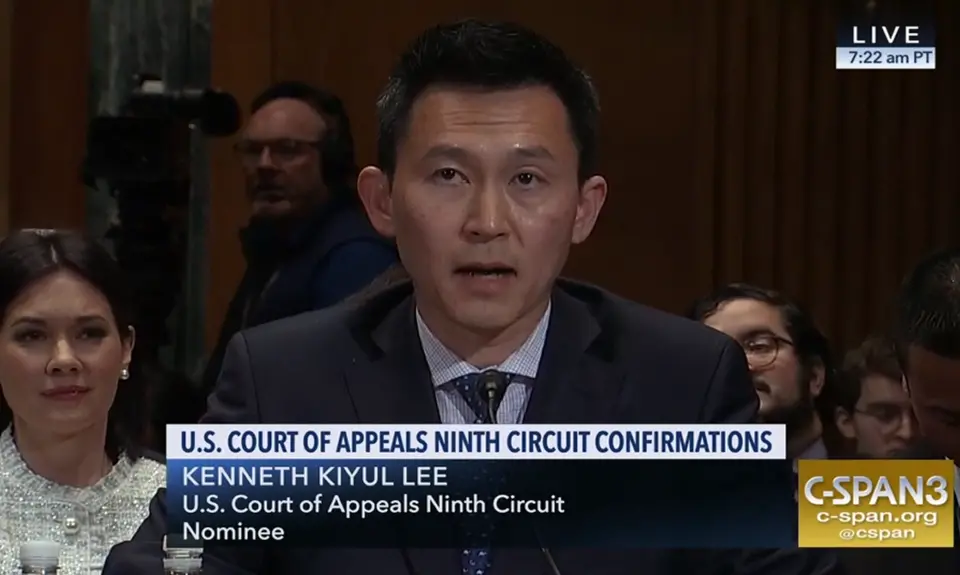“Confirmed Judges, Confirmed Fears” is a blog series documenting the harmful impact of President Trump’s judges on Americans’ rights and liberties. Cases in the series can be found by issue and by judge at this link.
In March 2020, Trump Ninth Circuit judge Kenneth Lee dissented in Winger v. City of Garden Grove and would have allowed police officers to ignore a woman’s serious and immediate medical needs after she suffered a stroke shortly before her arrest.
California woman Robin Winger was driving when she, without realizing it, suffered a stroke. Officers Starnes and Elhami stopped Winger and questioned her. She could not recall basic information like her last name or the last time she ate. One side of her face appeared droopy and she repeatedly indicated that she had pain in her chest and didn’t feel well. Despite the fact that both officers had received training on how to recognize symptoms of a stroke, they doubted that Winger suffered a stroke and instead believed she may have been on drugs. They arrested her for suspicion of driving under the influence. She received a medical screening at the jail which confirmed that she did, in fact, suffer a stroke.
Winger sued the city and the officers in district court, alleging that the officers violated the 14th Amendment through deliberate indifference to her serious medical needs. The city moved for summary judgment and won. Winger appealed to the Ninth Circuit.
In a 2-1 decision, the majority determined, by viewing the evidence in the light most favorable to Winger as required by law , that there were genuine issues of material fact in dispute to warrant a trial, and remanded the case to the district court.
Judge Kenneth Lee dissented, arguing that the officers acted reasonably under the circumstances, especially since Winger declined medical care from the first responders and declined when asked whether she needed hospital treatment. However, the majority made clear that its decision was based on a determination of whether there were genuine issues of material fact in dispute to warrant a trial, not whether the officers breached their duty to provide reasonable care to Winger, which should be decided by a jury.
